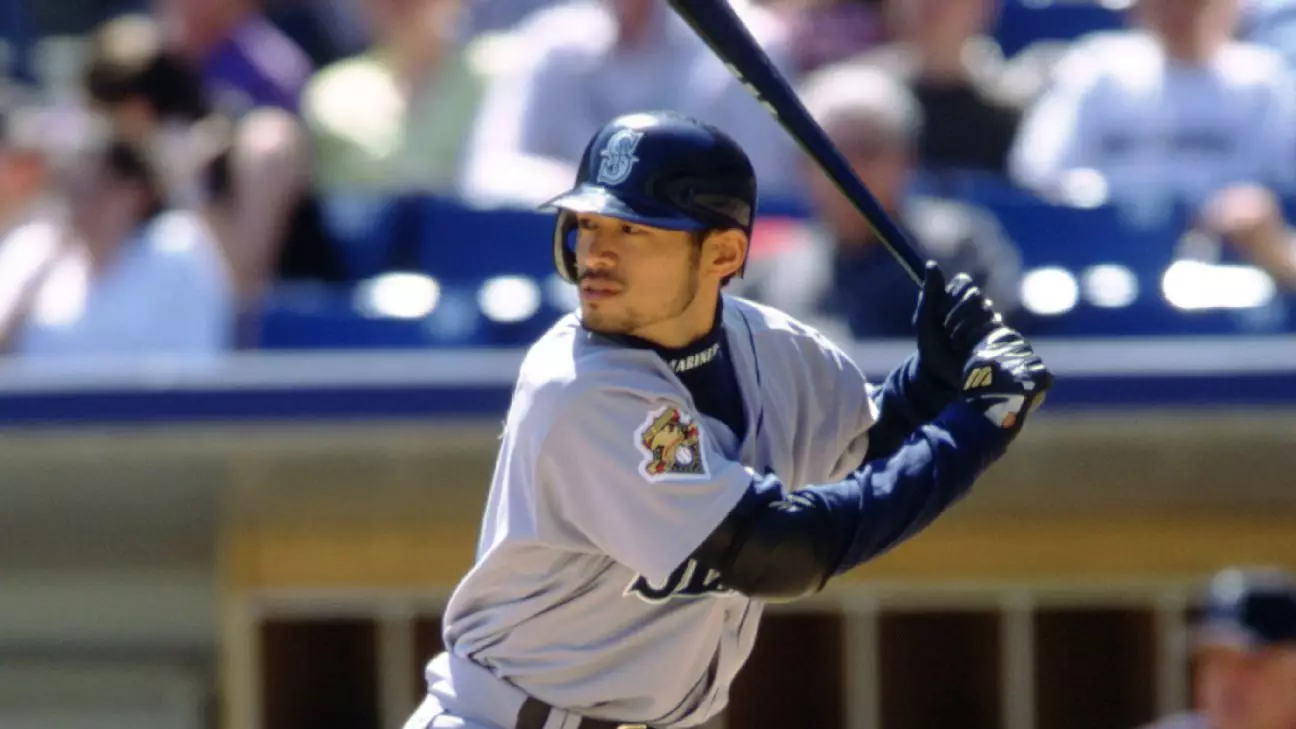As the baseball community gears up for the next Hall of Fame elections, the release of the new ballot sparks both anticipation and debate. With new candidates entering the fray and returning stalwarts hoping for their moment in the limelight, the 2024 ballot encapsulates the rich history of the sport. This article will delve into the significance of those entering the ballot, the implications of their induction or exclusion, and the broader context of baseball’s accolades.
Among the prominent names joining the Hall of Fame ballot for the first time are outfielder Ichiro Suzuki and pitcher CC Sabathia. Both athletes not only amassed impressive individual statistics but also redefined their positions and impacted the game at different levels. Suzuki, known for his exceptional hitting and fielding prowess, is notable for his unique achievement of winning both the Rookie of the Year and MVP awards in the same season—a feat only matched by Fred Lynn. His tenure in Major League Baseball (MLB) is characterized by consistency and excellence, highlighted by his record-breaking 262 hits in a single season in 2004.
CC Sabathia, on the other hand, is celebrated for his dominant pitching style, which led him to become a six-time All-Star and a Cy Young Award winner in 2007. His career achievements, including significant contributions to the New York Yankees’ World Series victory in 2009, underscore his impact on the game and make him a formidable candidate for induction. The addition of these talents exemplifies the ongoing evolution of the Hall of Fame ballot, inviting fresh perspectives on the game’s legends.
The ballot not only highlights newcomers but also revisits established players still vying for recognition. Notably, reliever Billy Wagner, a holdover from previous years, garnered significant support in the last election, receiving 73.8% of the votes. This number underscores a growing acknowledgment of the importance of relief pitchers in the modern game. Wagner, who amassed 422 career saves, is indicative of a shifting mindset within the Baseball Writers’ Association of America (BBWAA), as more voters reconsider the careers of specialist players historically undervalued in Hall of Fame discussions.
Other notable holdovers include Alex Rodriguez and Manny Ramirez, both of whom, despite the controversy surrounding their legacies due to performance-enhancing drugs, continue to attract votes. Their inclusion reflects the ongoing conversation about the criteria for Hall of Fame induction and whether a player’s on-field achievements can outweigh past transgressions.
As the ballot gets analyzed, significant statistics become a focal point of discussion. Players like Félix Hernández, who achieved a perfect game in 2012, and Carlos González, a former batting champion with a well-rounded offensive game, add depth to the narrative surrounding this year’s candidates. With their varied accomplishments, they invite voters to consider not just raw numbers but also their cultural impact and historical significance within the sport.
Dustin Pedroia serves as another critical case study; with two World Series rings to his name and an outstanding career batting average, his accolades speak volumes about his capability. However, his candidacy raises questions about the Boston Red Sox’s legacy during his tenure and how that will influence voters’ perceptions.
The upcoming election and induction ceremony are pivotal moments for both new and returning candidates. With the MLB Hall of Fame committee scheduled to announce results on January 23, 2024, fans and analysts alike will be closely observing voting patterns and trends. This year’s ballot poses crucial questions regarding the criteria for the Hall of Fame, the importance of statistical achievement versus cultural impact, and the evolution of the game itself.
Moreover, as sentiments around candidates start changing, the 2024 ballot provides a chance for the BBWAA to evaluate not just the players’ statistics but also their stories, the times in which they played, and their contributions to the cultural fabric of baseball. The integration of both modern players and historical figures remains a vital conversation, as seen with candidates like Dick Allen and Dave Parker under consideration by the classic era committee.
The 2024 Hall of Fame ballot not only celebrates the illustrious careers of baseball’s giants but also continues the conversation about merit, legacy, and what it truly means to earn a place among the game’s immortals. With new faces and time-tested legends, this ballot is set to showcase the dynamic landscape of baseball and its ever-evolving narrative.


Leave a Reply